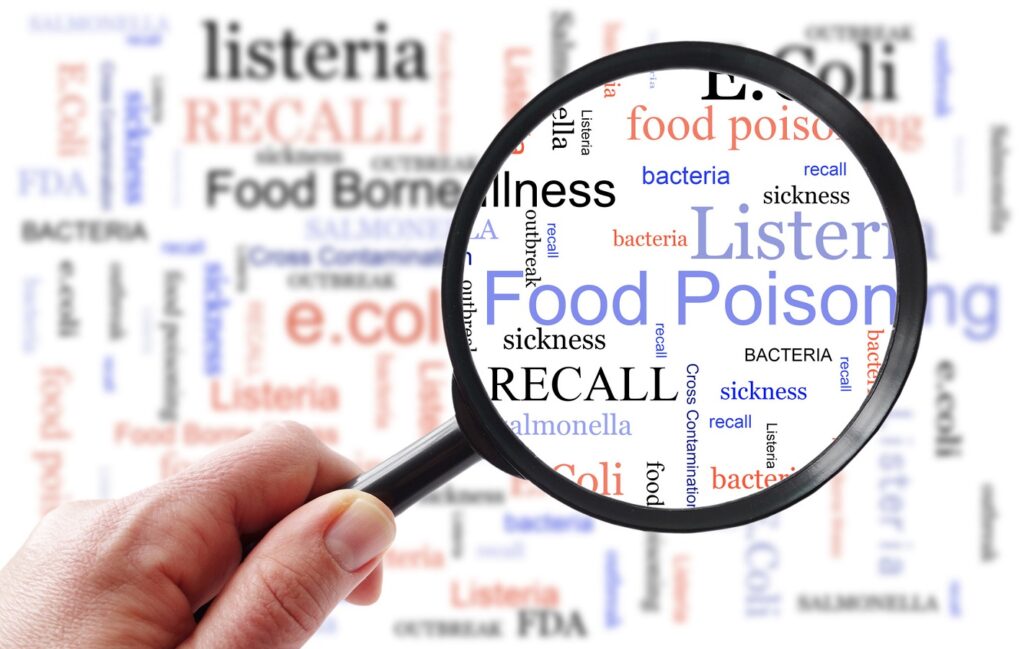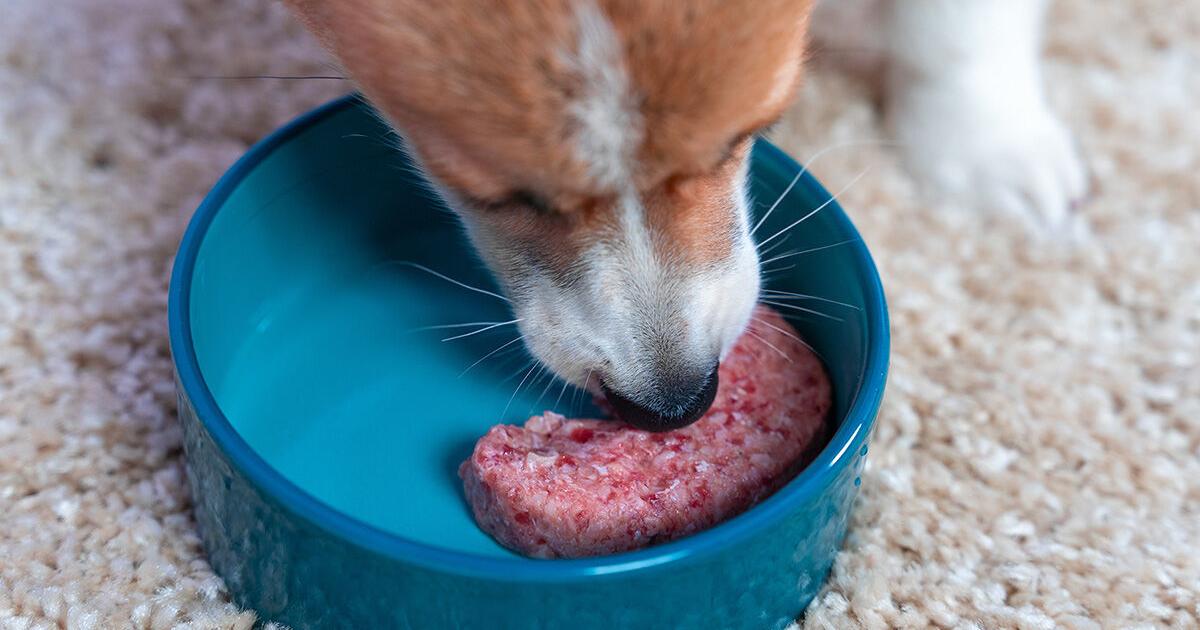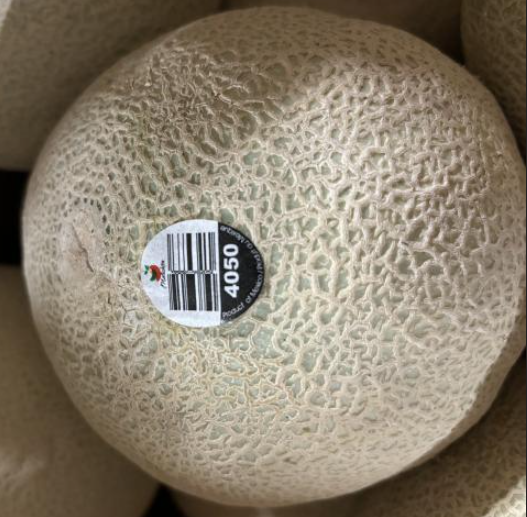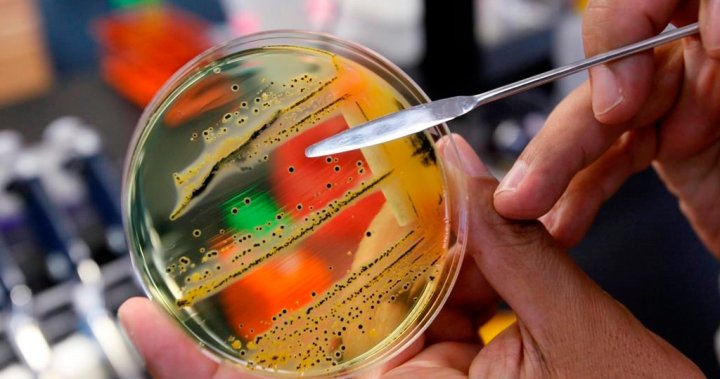The Public Health Agency of Canada (PHAC) issued a public health notice on an ongoing outbreak of “extensively drug resistant Salmonella outbreak. The outbreak has spread across six provinces, affecting many children aged five and under, prompting a public health notice. The PHAV and CFIA investigated the salmonella outbreak, revealing that raw pet food and cattle contact were likely culprits. “Many individuals who became sick are children five years or younger. Illnesses associated with this outbreak strain may be difficult to treat with commonly recommended antibiotics if antibiotic treatment is needed,” PHAC said in a statement. There are two sources for the outbreak; the first was linked to exposure to raw meat prepared for pets. PHAC said some individuals who became sick reported exposure to raw pet food before the illness occurred. However, a single supplier of raw pet food has not been identified. Contact with cattle, particularly calves, was linked as the second source of the outbreak. PHAC’s investigation also found this outbreak strain of salmonella has been found in sick dogs and cattle, and some of these animals have died. There have been 40 confirmed cases of the salmonella strain as of Nov. 11, PHAC said. Illnesses have been reported in Manitoba, Ontario, Quebec, New Brunswick, Nova Scotia, and Prince Edward Island. Between July 2020 and September 2023, the reported individuals fell ill, resulting in 13 hospitalizations, with no reported deaths. @ https://globalnews.ca/news/10088282/salmonella-outbreak-drug-resistant-canada/#:~:text=On%20Saturday%2C%20the%20Public%20Health,cattle%20contact%20as%20likely%20culprits




